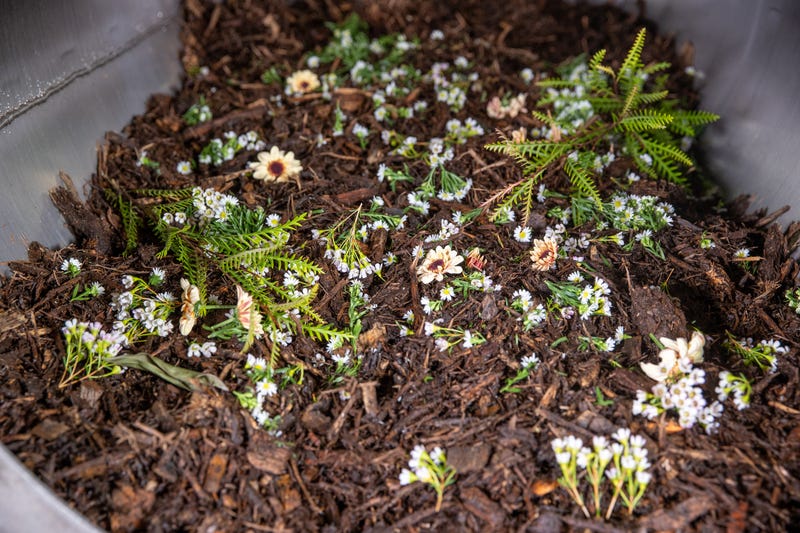
PHILADELPHIA (AP/ KYW Newsradio) — New Jersey has become the 14th state to allow the composting of human bodies as an alternative to burial or cremation.
Democratic Gov. Phil Murphy signed the legislation last week. It authorizes a practice called natural organic reduction, which involves putting a body into a large tank that also holds straw, wood chips or other natural materials. The human remains and organic materials mix with warm air and are periodically turned until the body is reduced to a soil-like material that can then be given to the dead person’s family.
Supporters of the practice say it is an environmentally friendly and less costly alternative to traditional burials and cremation that uses less energy and doesn’t involve the use of formaldehyde or the release of carbon dioxide and mercury into the atmosphere. They also say it helps reduce the amount of land needed for cemeteries and the amount of timber harvested for caskets.
Opponents have argued that human composting is disrespectful or goes against traditional religious beliefs.
Samantha Link, director of government affairs for the New Jersey State Funeral Directors Association, said the bill received strong bipartisan support.
“It’s a consumer choice option. No one is saying you have to go through the natural organic reduction process, but it’s giving consumers a new choice,” she said.
While human composting has been legal in a few East Coast states, most people seeking natural organic reductions have had to fly out west. But according to Link, there has been a nationwide appeal. A National Funeral Directors Association poll found more than two-thirds of respondents were interested in greener death-care alternatives.
She said it can also cost thousands less than a traditional burial.
“Traditional burial in New Jersey can cost $10,000, $15,000. With natural organic reduction, we find that the cost falls more in the $5,000 to $10,000 range,” she noted.
Link said it will take about 10 months to get state regulations in place before implementation. She anticipates that both West Coast-based companies and in-state funeral homes will set up facilities.
